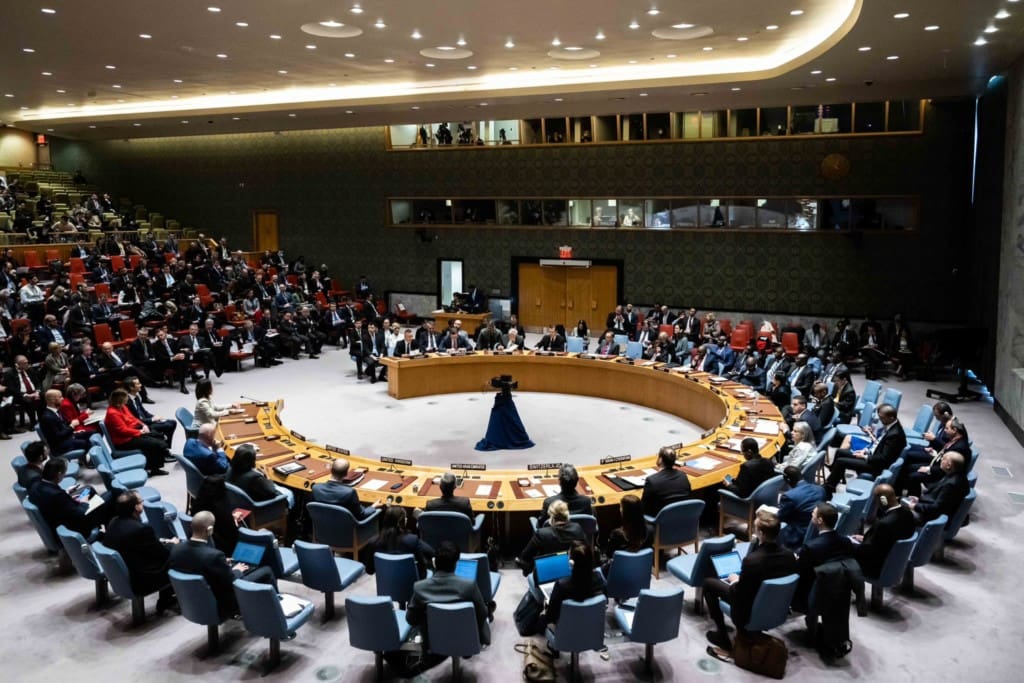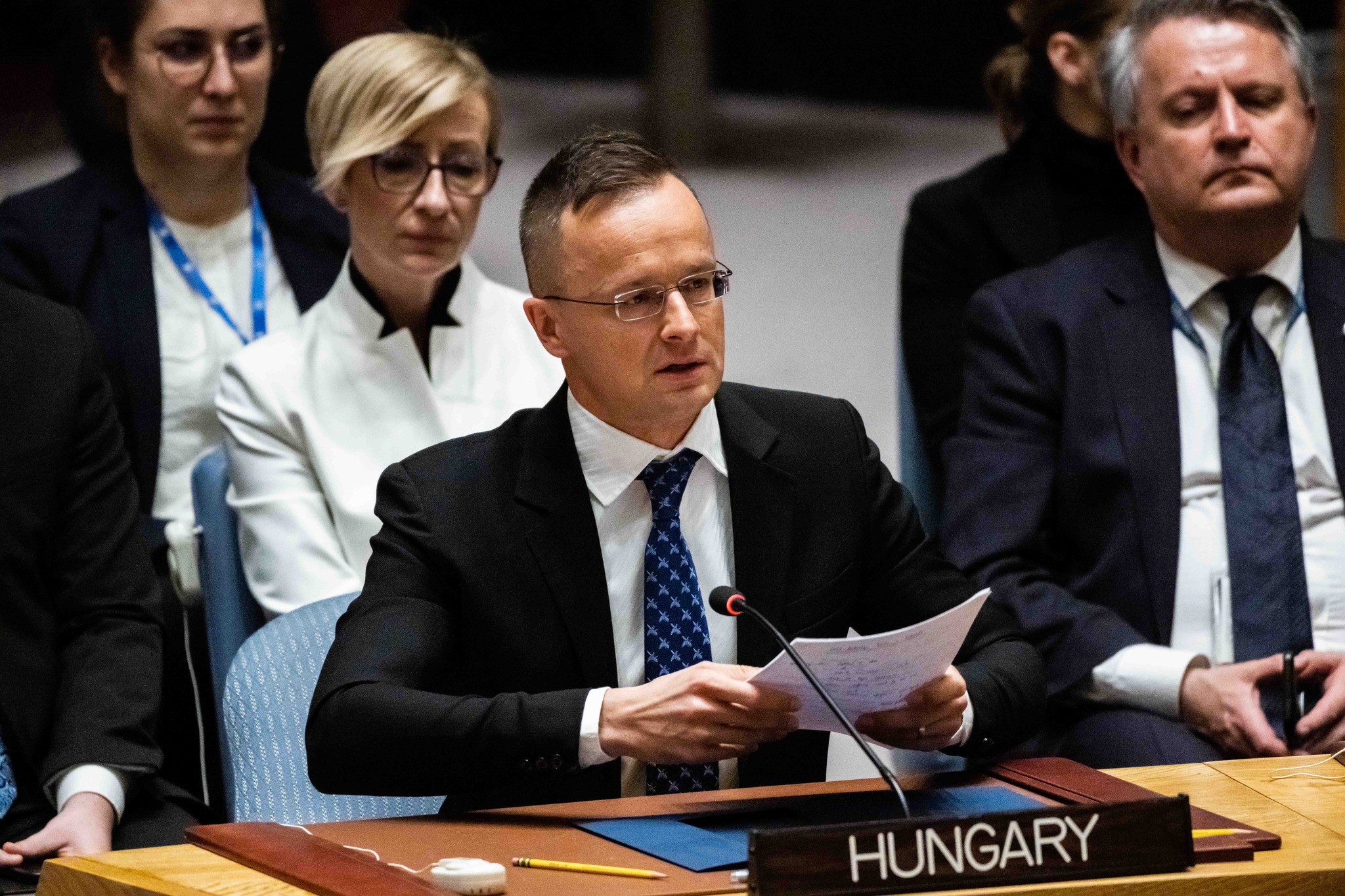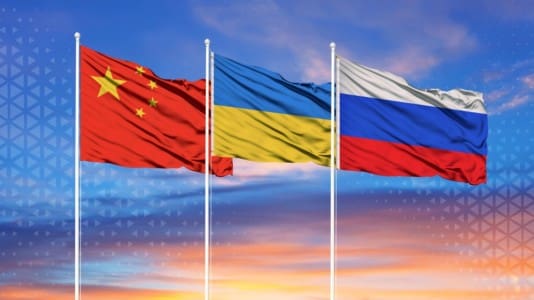Hungary wants peace, and a sustainable peace at that, Hungarian Minister of Foreign Affairs and Trade Péter Szijjártó told the UN General Assembly.
“I believe that the situation in Ukraine does not seem so threatening from thousands of kilometers away or from across an ocean, but we live on the border of the conflict, we see how many people are dying, and we do not want more victims,” the foreign minister said.
The majority of speakers, on the other hand, criticized Russia for violating international law. The representative of Albania, for example, said that Moscow had flouted Ukraine’s sovereignty.

French Foreign Minister Catherine Colonna said that human rights, including sexual rights, had been violated more brutally than ever in the past year and that the Kremlin had undermined the foundations on which the stability of the past 30 years had been built. She added that territorial integrity is a fundamental principle of the United Nations, which Vladimir Putin has challenged, and that Putin has failed to respect the principle of the inviolability of borders.
Croatian MEP Ivan Simonovic drew a parallel between the conflict in Ukraine and the war in South Slavonia, pointing out that he believes that the majority of the global community is on Ukraine’s side and demonstrating their commitment to freedom.
Polish foreign minister Zbigniew Rau, while basically calling for a peaceful solution, accused Moscow’s troops of brutal aggression against civilians, especially children. He called the Ukrainian nation brave and said that Warsaw would support the Ukrainian refugees and the Ukrainian army’s fight until the final victory.
“Japan wants peace in Ukraine. But peace must be based on solid foundations,” said Japanese Foreign Minister Hayashi Yoshimasa, adding that it was time to recognize that the global community must come out of the jungle and that not all problems can be solved by force.
Eventually, the UN General Assembly passed a resolution condemning Russia for the invasion of Ukraine with 141 votes for, seven against and 32 abstentions. Besides Russia, the other six countries which voted against the resolution are Belarus, North Korea, Eritrea, Mali, Nicaragua, and Syria.






